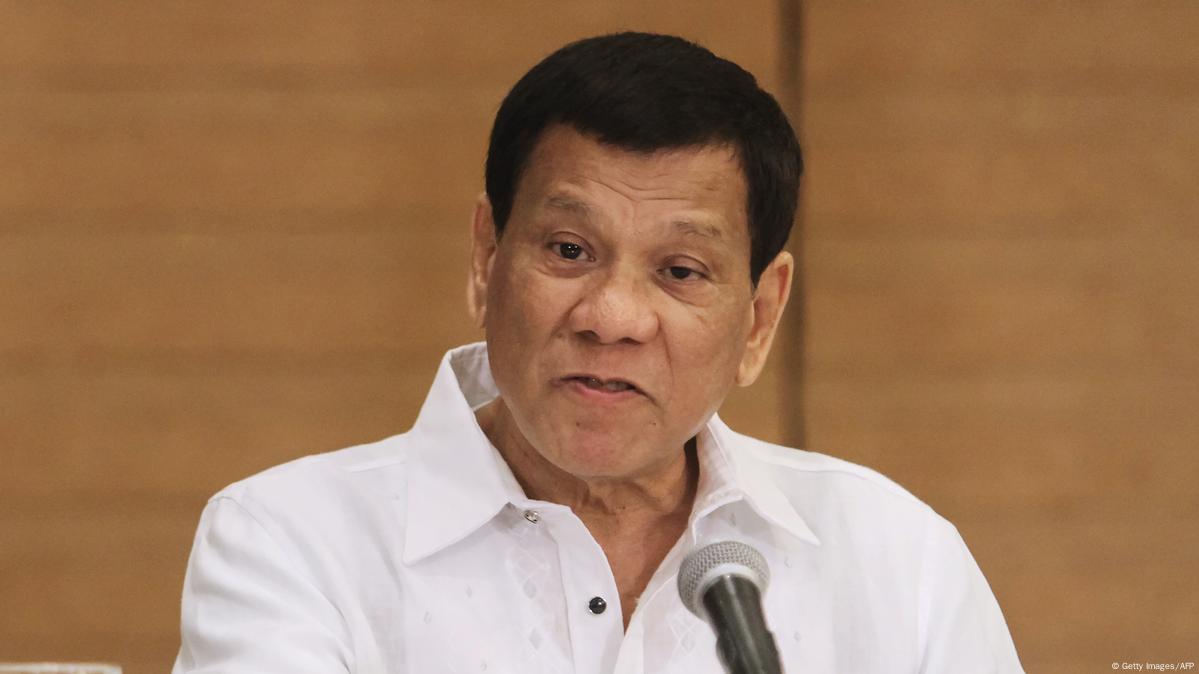On March 11, 2025, former Philippine president Rodrigo Duterte was arrested upon his arrival in Manila by Philippine police and Interpol under charges by the International Criminal Court accusing him of crimes against humanity. He had arrived from a political rally in Hong Kong, and has since then been transported to the ICC headquarters in The Hague, Netherlands, to stand trial. Let’s break down why this arrest has generated so much controversy in the Philippines.
Background
Prior to serving as the Philippines’ sixteenth president, Duterte was the longtime mayor of Davao City – the third-biggest city in the Philippines. During his long tenure as the city’s mayor, the once crime-ridden city became more peaceful and investor-friendly. Coupled with these credentials, “the Punisher”, as he was known, ran a populist campaign in the 2016 election, propelling him to the presidency. For his often foul-mouthed and “man of the people” rhetoric, Duterte has drawn comparisons to U.S. President Donald Trump.
The War on Drugs, the Davao Death Squad, and Duterte’s Continued Popularity
The Duterte presidency has been heavily defined by the president’s signature war on drugs. Duterte promised that he would eliminate the country’s illegal drug problem within the first six months of his term. However, the war on drugs would persist past this timeline. When the Duterte presidency came to an end in 2022, official Philippine government accounts placed the death count at 6,229, while human rights organizations and other such groups have placed this estimate much higher at 12,000 to 30,000 deaths.
The war on drugs has been so controversial due to the extrajudicial killings being perpetrated by both the police and vigilantes. Death squads, emboldened by Duterte’s rhetoric, have also played their part in the war on drugs. Many of the people who have been caught in the crossfire were innocent people, including women and children. Victims were often found bound, with their remains tossed aside in landfills and creeks. There have been allegations of police misconduct, with human rights and media organizations claiming that police have staged crime scenes where they execute drugs suspects and plant guns and drugs as evidence (Philippine authorities have denied allegations of police misconduct). Although drug use has gone down, the drug war has not fully eradicated the problem of illegal drugs in the country, with Duterte even admitting so and later asking his successor, Ferdinand Marcos Jr. to continue it. Philippine police have rejected allegations of executions, saying that they only acted in self-defense. In congressional hearings held in 2024, Duterte himself said he took full responsibility for the killings but also said that he never ordered police leaders to kill suspects.
This is not the first such instance of Duterte being connected to extrajudicial killings. During his tenure as Davao City mayor, a group called the Davao Death Squad performed summary executions of street children and alleged drug dealers. Between 1998 and 2008, it has been estimated that this group was responsible for the killing and disappearance of more than a thousand people. Duterte previously denied being involved with the group but later admitted in congressional hearings that he had maintained this group of “gangsters” during his mayoral tenure.
As such, the war on drugs and the Davao Death Squad have faced international condemnation, particularly from human rights organizations. However, it may surprise international observers that despite his controversies, Duterte’s approval rating remained sky-high for his entire presidency, rarely dipping below 70 percent. Most Filipinos, it appears, were unfazed by what would be defined as human rights abuses. Many Duterte supporters have said that the drug war was positive for the country, claiming that it helped make the Philippines more peaceful and prosperous. They claim it made them feel safer. As a result of his popularity, Duterte remains influential in the country. His daughter Sara serves as the current Vice President, while his allies occupy prominent positions in the country’s legislature.
The Investigations and the Arrest
Even as the drug war remains controversial, there has been a lack of criminal complaints filed against Duterte in Philippine courts. Duterte himself later expressed surprise in a congressional hearing that the country’s justice department has not filed any cases, saying that he has been “killing people for a long time and they haven’t filed any case up to now”.
The international community then stepped in, with the International Criminal Court first starting to investigate Duterte and his war on drugs in 2018. In response, Duterte’s government withdrew from the ICC, thereby removing the ICC’s jurisdiction over the country in 2019. However, the ICC retained jurisdiction over any crimes that may have occurred during the period when the Philippines was still a member of the ICC. However, without the Philippines being in the ICC, it would prove difficult to bring Duterte to The Hague.
When Ferdinand Marcos Jr. became president in 2022, his administration at first followed the policy of not cooperating with the ICC’s investigation. However, it changed its tune in 2024 when it said it would surrender Duterte if Interpol requested it. On March 7, 2025, the arrest warrant for Duterte was issued by the International Criminal Court. It was not immediately known to the public or the Philippine government. The government received Interpol’s request for help in arresting Duterte in the early morning hours of March 11th, which it later did when Duterte arrived in Manila from Hong Kong later that day. Hours later, Duterte was placed on a plane to The Hague, with his political allies in the Philippines being unable to stop the arrest and his supporters being enraged.
Conclusion
In any case, Duterte will now face his day in court. This arrest has only added to the growing rift between the Marcoses and the Dutertes and their respective supporters in the country and will likely define the Philippines’ upcoming midterm elections. It is also yet another point in the ongoing debate about whether to prioritize human rights or public safety more.
Emil Ordonez, a rising college freshman, is the founder and editor-in-chief of Polinsights. He has been deeply passionate about politics and history since learning every U.S. President at the age of five. He was compelled to start this blog after meeting many people who were misinformed or had become apathetic about how society worked. He hopes to provide factual knowledge and insights that will encourage people, especially the young, to get more engaged in their respective communities. In his free time, he edits for Wikipedia and makes maps for elections. He aspires to work in Congress or even the White House in the future.


Leave a Reply